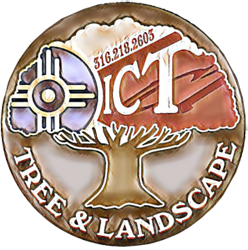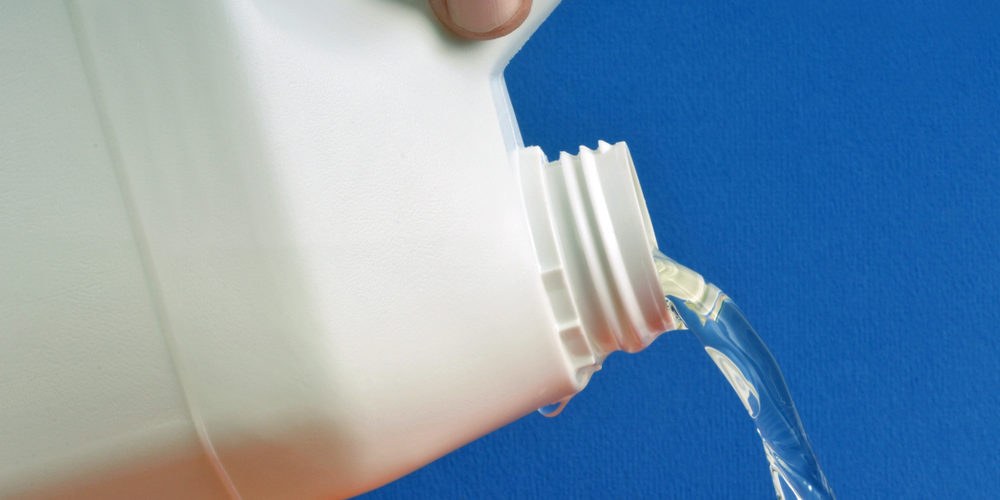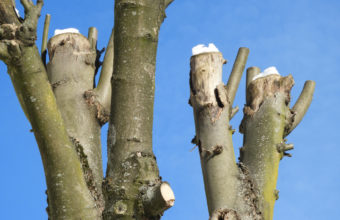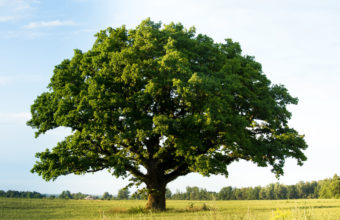Using bleach on a tree stump is sometimes suggested as a method to kill the stump and possibly accelerate its decomposition. The effectiveness of bleach for rotting a tree stump is limited and not generally recommended by arboriculture experts.
Here are some reasons why…
Impact of Bleach on Tree Stumps
- Limited Decomposition Acceleration: Bleach (sodium hypochlorite) can kill remaining tree cells and prevent regrowth from the stump by creating a hostile environment for biological processes. Its ability to actually accelerate the decomposition of the wood itself is minimal. Bleach does not work like natural decomposers (fungi and bacteria) that break down the wood fibers.
- Environmental Concerns: Bleach can be harmful to the surrounding soil, plants, and beneficial organisms living in the soil, such as earthworms and beneficial microbes. It can alter soil pH and chemistry, making the area less hospitable for future plant growth.
- Safety Concerns: Using bleach requires precautions to ensure personal safety, including wearing protective gear to avoid skin burns and respiratory problems from fumes.
Alternative Methods for Stump Removal
Given the limited effectiveness and potential drawbacks of using bleach, consider alternative methods for dealing with tree stumps:
- Mechanical Removal – Stump grinding is a fast and effective way to remove tree stumps. This method physically removes the stump by grinding it down below the soil surface.
- Chemical Stump Removers – Products specifically designed for stump removal usually contain potassium nitrate, which accelerates the natural decomposition process by increasing the wood’s porosity and promoting fungal and bacterial growth.
- Natural Decomposition – Encouraging natural decomposition involves keeping the stump moist and covered with soil or mulch, and possibly introducing decomposing agents like high-nitrogen substances or specialized fungi. This method is environmentally friendly but requires patience.
- Epsom Salt – As mentioned previously, Epsom salt can be used to dry out and kill a stump over time, making it easier for natural decomposers to break down the wood.
While bleach might kill a tree stump, its effectiveness in accelerating the rotting process is questionable, and it poses risks to the environment and personal safety. For those reasons, exploring alternative methods that are safer and more effective for stump removal or decomposition is advisable. If you’re uncertain about the best approach, consulting with a professional arborist or tree removal service can provide guidance tailored to your specific situation and needs.






